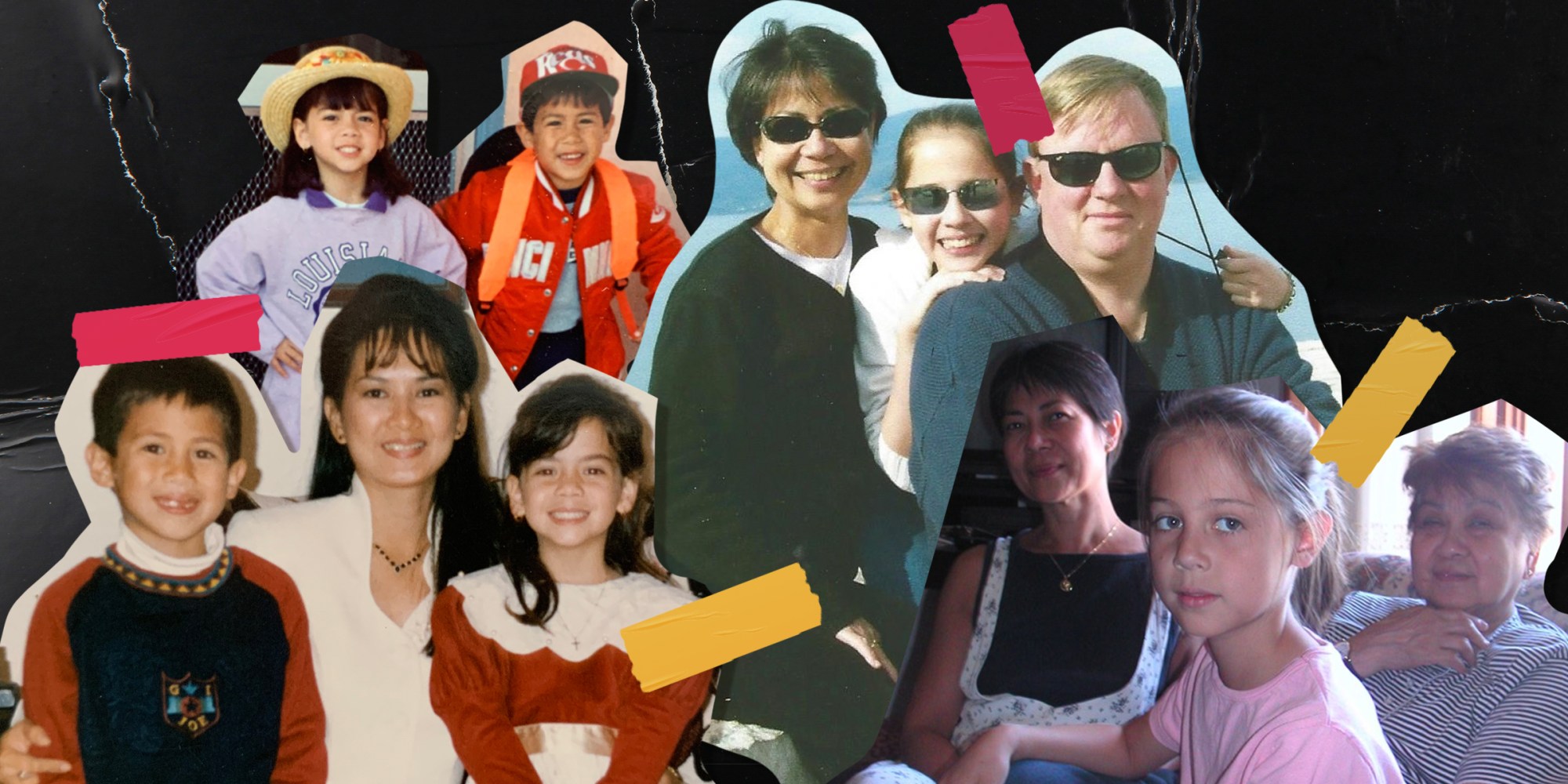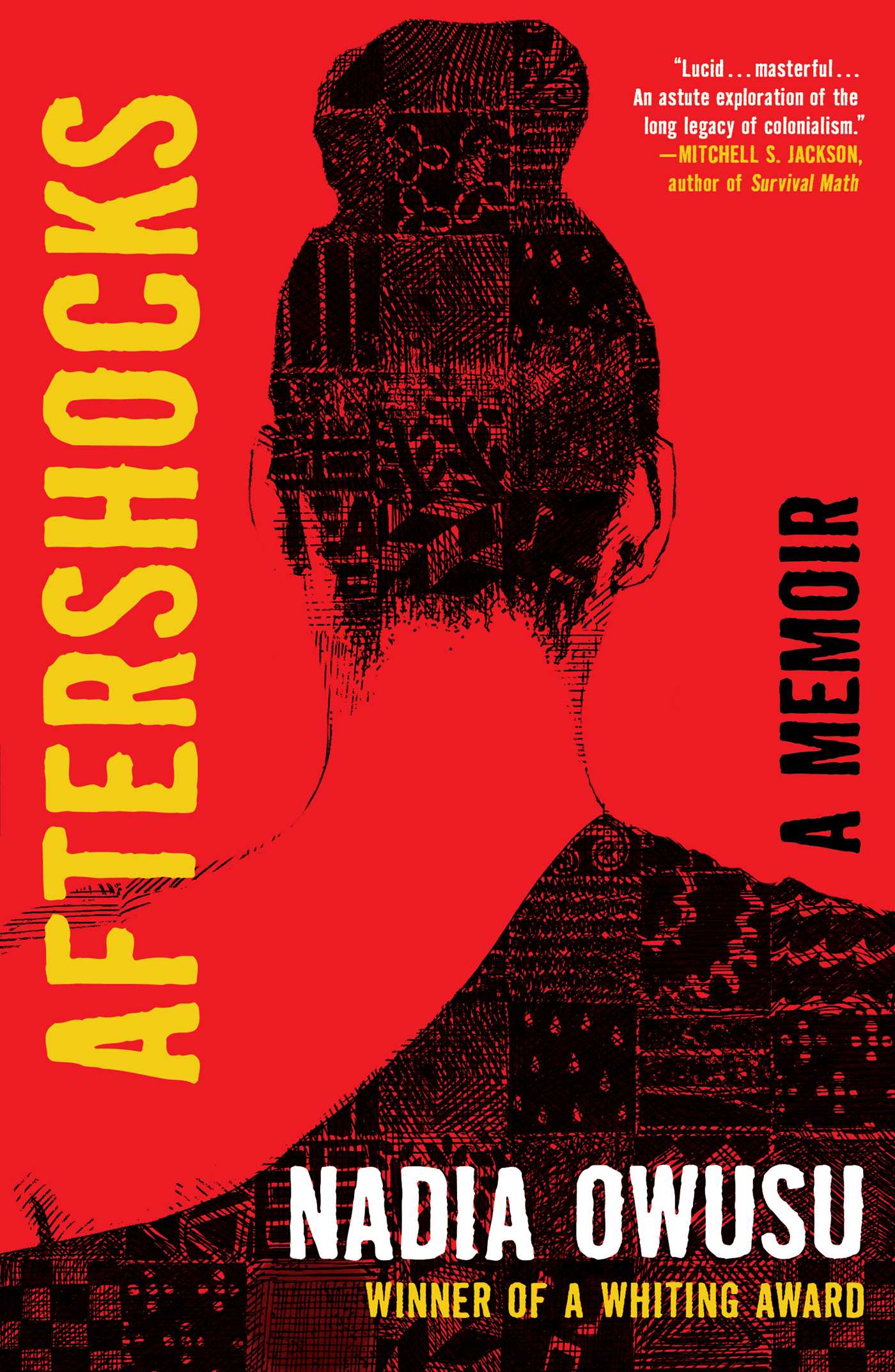As a ‘white-passing’ Asian American, I feel grief, shame and confusion right nowPosted in Articles, Arts, Asian Diaspora, Autobiography, Interviews, Media Archive, Passing, United States on 2021-06-04 15:24Z by Steven |
As a ‘white-passing’ Asian American, I feel grief, shame and confusion right now
TODAY
2021-04-02
Maura Hohman, Weekend Editor and Reporter
 Melea McCreary and Maura Hohman, a broadcast producer and digital editor for TODAY, share their experiences growing up with Filipino mothers but passing as non-Asian. As Asian Americans across the country are targeted for their appearance, they share their identity crisis. Courtesy Maura Hohman/Melea McCreary/ Fabio Briganti |
Schoolmates never pulled their eyes sideways at me, but one did ask if my mom was my nanny and tried to convince me I was adopted.
During Asian Pacific American Heritage Month, TODAY is sharing the community’s history, pain, joy and what’s next for the AAPI movement. We will be publishing personal essays, stories, videos and specials throughout the entire month of May.
I’ll never know exactly how much privilege my face has afforded me, though I’ve often wondered about the magnitude. No stranger has ever yelled a racial slur at me, but at a previous job a client spoke poorly of Filipinos not knowing half my family is from there. Schoolmates never pulled their eyes sideways at me, but one did ask if my mom was my nanny and tried to convince me I was adopted. In the wake of the Atlanta spa shootings that left eight people dead, including six Asian American women, a few friends have texted to see how I’m doing. But over the years, so many friends have said they don’t consider me Asian...
Read the entire interview here.
